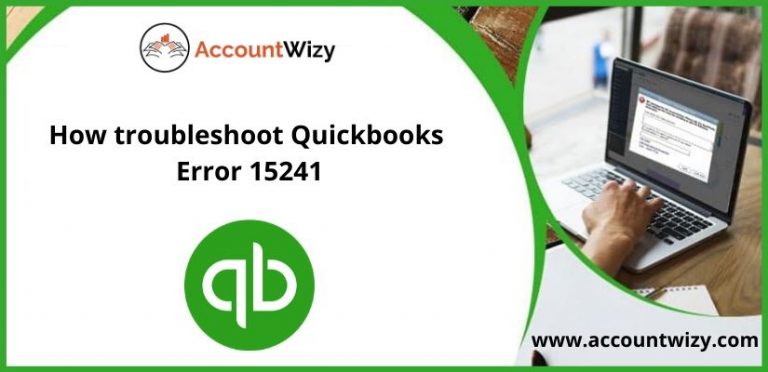

In the process, it will modify the database to match the new features of the product. Once you’ve installed QuickBooks Pro 2013 on your PC, QuickBooks will guide you to open your company file in this new version. Even if you are already on an older version of QuickBooks Pro, you will have to pay full retail price to get QuickBooks Pro 2013. For instance, in the Fall of 2012, they will most likely launch QuickBooks Pro 2013. Within each desktop product (Pro, Premier, Enterprise,…), Intuit launches a major new version each year. The online versions get updated seamlessly in the background, so this discussion of “upgrade” vs “update” applies only to the desktop versions. The first distinction to understand is that they have desktop versions (Pro, Premier, Enterprise, etc…) and online versions (Online Essentials, Plus, etc.). Understanding what they mean helps you make the decision on what to do next more comfortably. These messages can be a bit intimidating. When using QuickBooks, you will often get a warning telling you to update or upgrade. Some are called “Upgrades” and those need to be purchased. Some are called “Updates” and those are free. Intuit, the maker of QuickBooks, releases new versions of QuickBooks on a regular basis. From Patrick Bonnaure, founder of ProLedge Bookkeeping Services


 0 kommentar(er)
0 kommentar(er)
